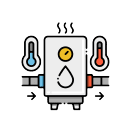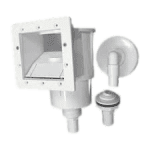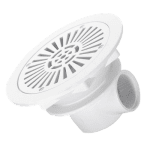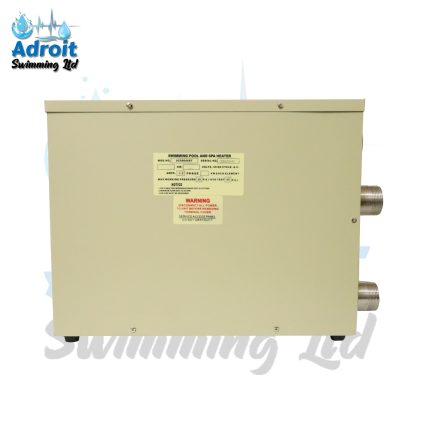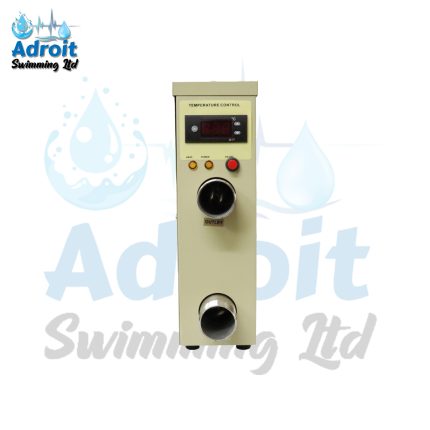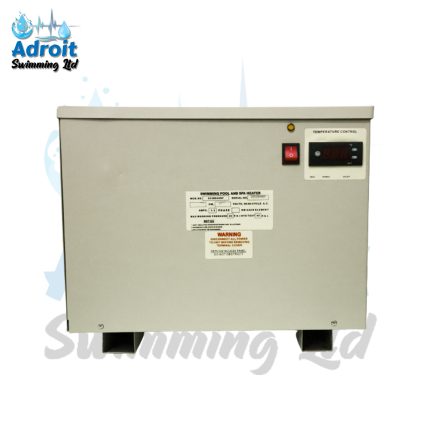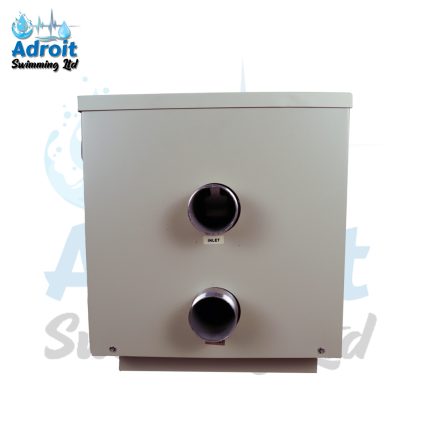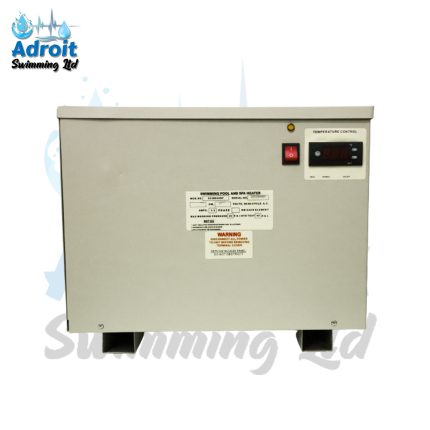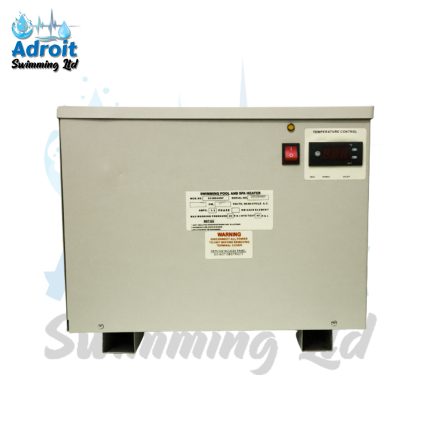Heater
A swimming pool heater is an essential device for maintaining the water at a comfortable temperature, allowing for year-round use regardless of weather conditions. Pool heaters come in various types, including gas, electric, and solar-powered options. Gas heaters use propane or natural gas for quick heating, while electric heaters and heat pumps are energy-efficient, ideal for long-term use. Solar heaters harness energy from the sun, offering an eco-friendly solution. These heaters are durable and designed for easy installation, featuring user-friendly temperature controls. With a pool heater, swimmers can enjoy extended pool seasons and enhanced comfort, even in colder climates.
Swimming Pool Heater: The Key to Year-Round Enjoyment
A swimming pool is a cherished feature in many homes, providing a refreshing oasis for relaxation, exercise, and entertainment. However, to fully enjoy this investment, maintaining a comfortable water temperature is essential, particularly during cooler months. This is where a swimming pool heater comes into play. Pool heaters come in various types and technologies, each offering unique benefits and features that cater to different needs and preferences. Understanding how pool heaters work, their types, benefits, and maintenance considerations will help you make an informed decision for your swimming pool.What is a Swimming Pool Heater?
A swimming pool heater is a device designed to raise the water temperature in a pool, allowing for comfortable swimming conditions regardless of the external weather. Pool heaters can be powered by different energy sources, including electricity, natural gas, propane, and solar energy. The right choice for your pool depends on various factors, including climate, pool size, usage frequency, and budget.How Does a Swimming Pool Heater Work?
The fundamental operation of a swimming pool heater involves transferring heat to the pool water. Here’s a brief overview of the process:- Water Circulation: Pool water is drawn into the heater from the pool via the filtration system.
- Heat Exchange: Once the water enters the heater, it passes through a heat exchanger. This is where the heat is transferred to the water. In gas heaters, a burner heats the exchanger, while electric heaters use electrical resistance elements.
- Heated Water Return: After the water is heated, it is returned to the pool through the return lines, raising the overall temperature of the pool water.
- Temperature Control: Most pool heaters come with thermostats that allow users to set their desired water temperature. The heater will automatically turn on and off as needed to maintain this temperature.
Types of Swimming Pool Heaters
- Gas Heaters: These heaters use natural gas or propane to generate heat quickly. Gas heaters are known for their rapid heating capabilities, making them ideal for pools that are used infrequently or need a quick temperature boost. However, they can be more expensive to operate over time, especially in areas with high gas prices.
- Electric Heat Pumps: Electric heat pumps use electricity to transfer heat from the air into the pool water. They are highly energy-efficient, often producing more heat than the electrical energy they consume. Heat pumps are ideal for moderate climates and can maintain consistent temperatures with lower operating costs compared to gas heaters.
- Electric Resistance Heaters: These heaters work by converting electrical energy directly into heat through resistance coils. They are effective for smaller pools and spas but can be costly to operate due to higher electricity consumption. They are best suited for use in warmer climates or for occasional heating.
- Solar Heaters: Solar pool heaters utilize the sun’s energy to heat water. Solar panels are installed on the roof or nearby ground to absorb sunlight, transferring this heat to the pool water. Although the initial installation costs can be high, solar heaters have minimal operating costs, making them an eco-friendly and cost-effective long-term option.
Benefits of Using a Swimming Pool Heater
- Extended Swimming Season: A pool heater allows you to enjoy your pool beyond the warm summer months, enabling swimming in spring and fall or even during cooler summer nights.
- Comfortable Water Temperatures: Maintaining a consistent water temperature enhances swimmer comfort, making the pool more inviting for family and friends.
- Increased Pool Usage: A well-heated pool encourages more frequent use, which can increase the overall enjoyment of your outdoor space and provide greater value to your investment.
- Higher Property Value: A pool with a reliable heating system can enhance your property’s appeal and potentially increase its resale value, as prospective buyers often look for features that provide year-round enjoyment.
- Versatile Heating Options: With various types of heaters available, you can select the one that best fits your needs, whether you prioritize speed, efficiency, or sustainability.
Maintenance Considerations
To ensure your swimming pool heater operates efficiently and lasts for many years, consider the following maintenance tips:- Regular Inspections: Periodically check the heater for any signs of wear or damage. Look for leaks, corrosion, or unusual noises that may indicate a problem.
- Clean Filters: Maintain clean filters in the pool’s circulation system to ensure optimal water flow through the heater. Clogged filters can cause the heater to work harder, reducing its efficiency.
- Monitor Chemical Balance: Maintain proper water chemistry in the pool. High levels of chlorine or unbalanced pH can damage the heater's components over time.
- Professional Servicing: Schedule regular professional maintenance for your pool heater to ensure it operates efficiently and safely. Professionals can identify potential issues before they become significant problems.
- Winterization: If you live in an area with freezing temperatures, it’s crucial to winterize your pool heater to prevent damage. This may include draining the system and ensuring it is protected from cold weather.






